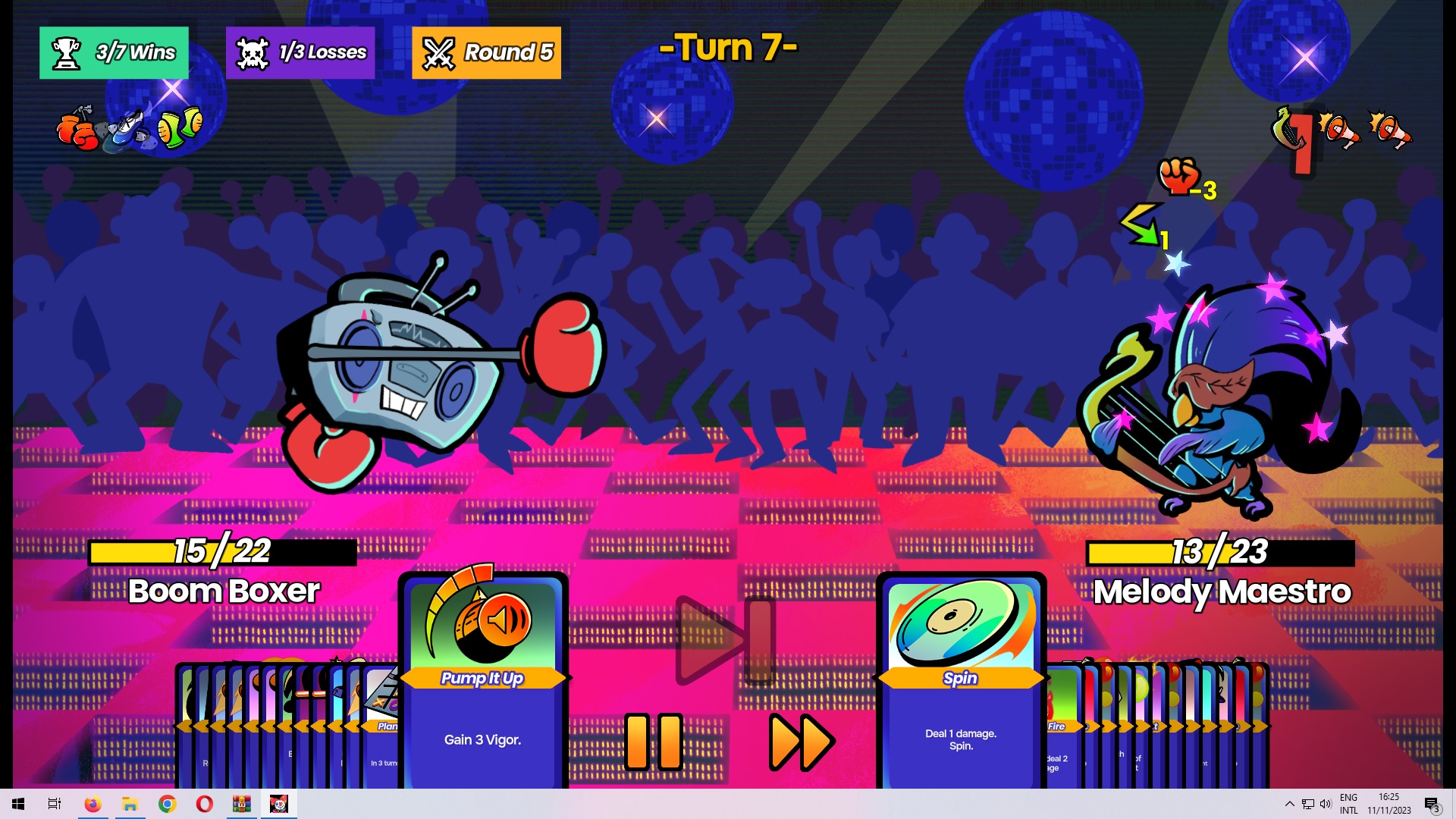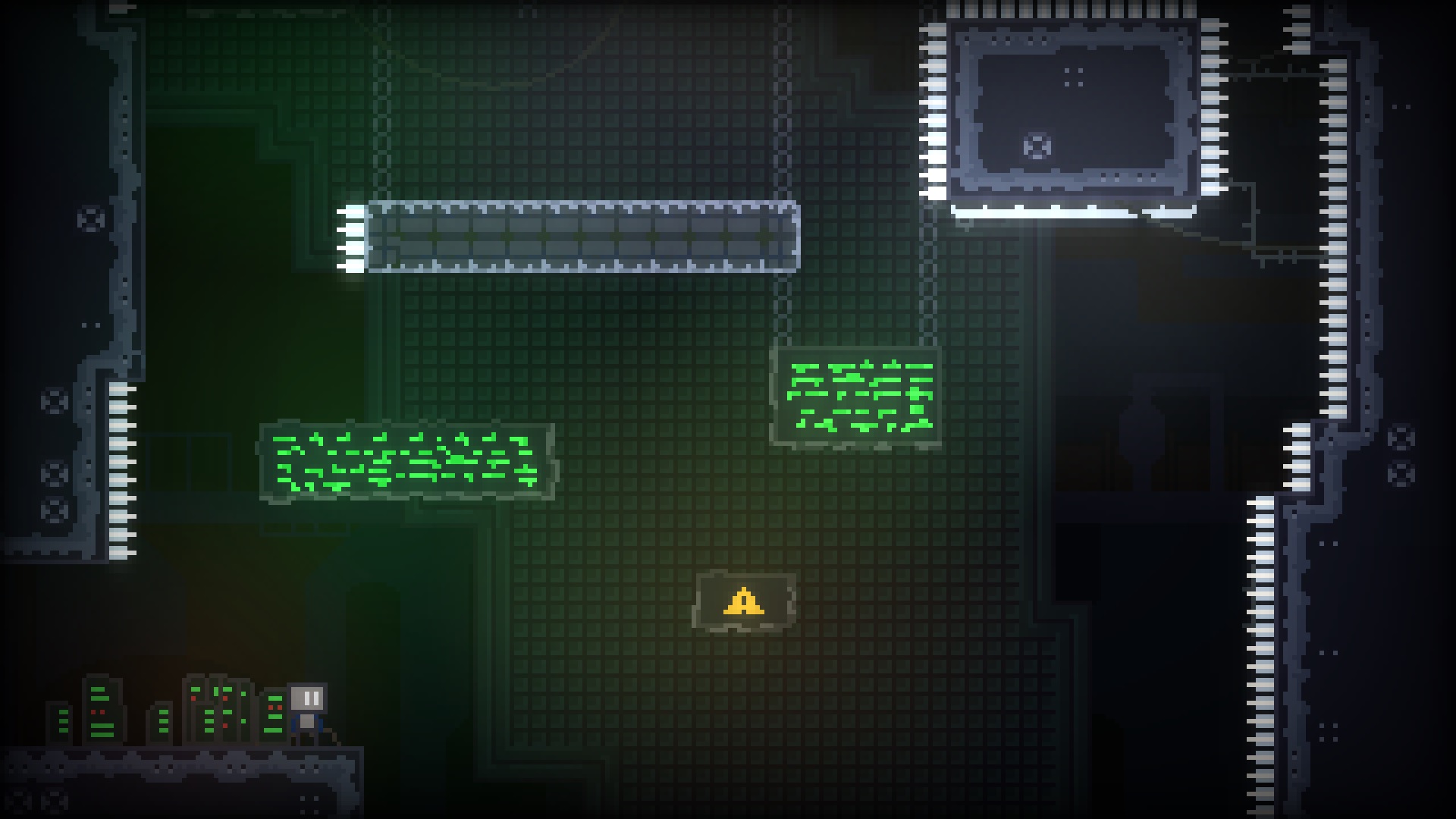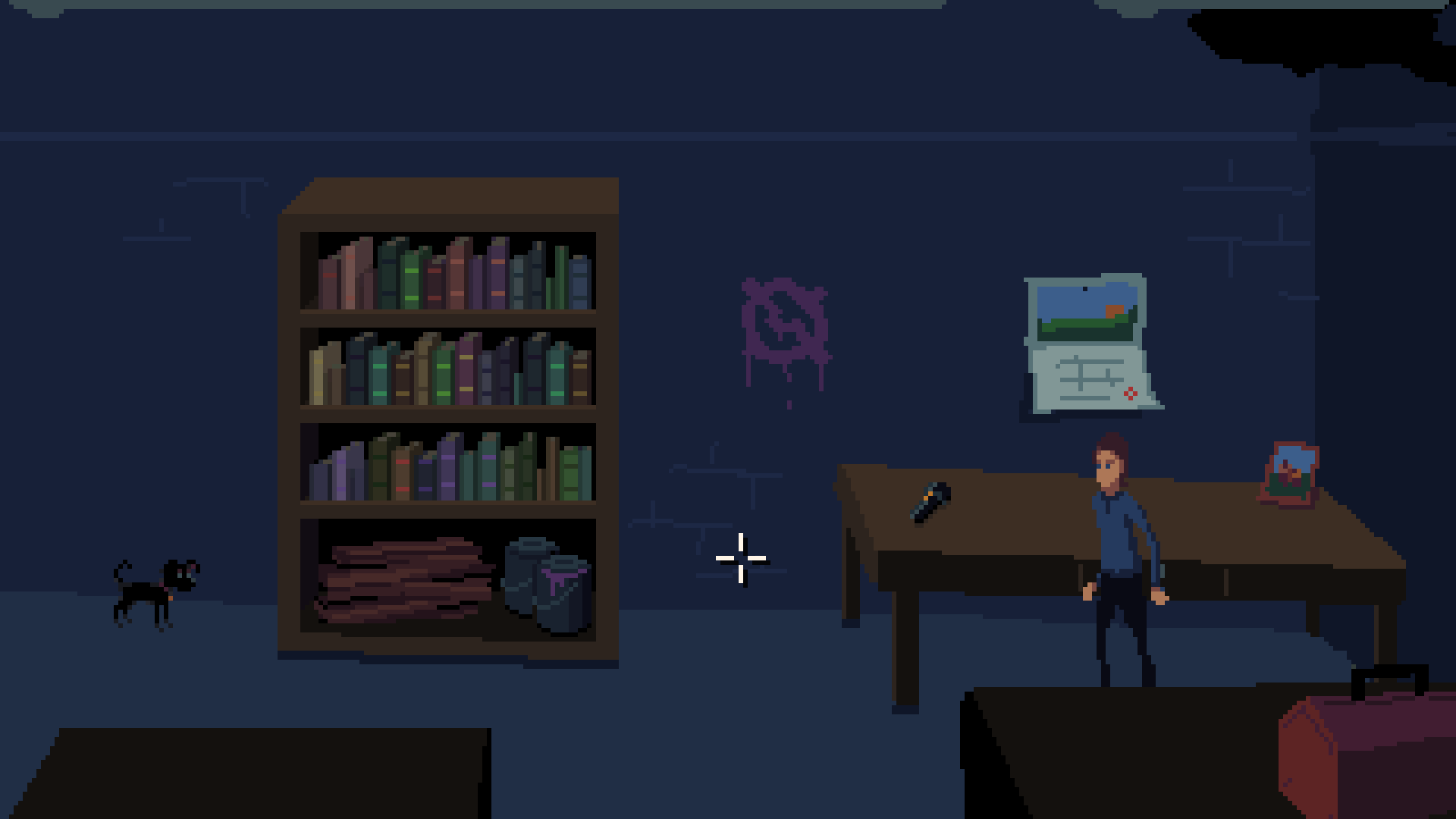Indies for the weekend
2023-11-24 by George P
Dancing Duelists
Almost another month's end and a brand new slew of wonderful indie games for you to try out. We've got you covered with some P&C adventure a card based dance-battler game (whatever the hell that is supposed to mean) and some slick robo-plattforming.
Dancing Duelists is a unique card-based auto-battler with a truly surprising amount of depth.
Choose one of the game’s wacky contestants and join the most eccentric and ferocious battle
royale dance-off of the year. The rules of this preposterous challenge are simple. You will face
random opponents in 1 vs 1 battles. Win 7 times and you will be crowned king of the dance
floor. Lose 3 times and you are out. Between fights, you will get the chance to bolster your
deck by making limited choices from a large array of cards. Occasionally, you will also be able
to equip a trinket. Nonsensical objects with powerful effects that can alter the tide of the
battle. Before further analyzing Dancing Duelists, I want to preface by saying that I do not
generally like auto-battlers. I tend to consider most auto-battler titles as either too boring or
too straightforward as they lack the user-input complexity that I tend to crave in strategy
games.
I was therefore incredibly surprised when I found myself not only enjoying Dancing
Duelists but also being quite addicted to it. It is a game that manages to establish depth and
complexity even while having the player make a tiny number of choices throughout the whole
experience. What makes this tricky formula work, is that the few choices the player has to
make all have to be carefully evaluated and ultimately feel impactful. For a short project, there
is a staggering number of different strategies that the player can examine, pursue, and adjust.
This is especially true once you consider that the game features 11 characters, all with their
own unique traits and starting decks. What further enhances the gameplay loop is Dancing
Duelists’ art style and overall visual presentation. It is colorful, energetic, and cleverly playful
with awesome character designs and really fluid animations. It allows for an experience that
feels dynamic, action-packed, and ultimately highly engaging. For a three-week jam project,
Dancing Duelists is smart, fun, and enjoyable even to players who do not usually find such
games appealing. It also offers a great amount of replayability through its challenging difficulty
level and the abundance of variety in cards and special abilities.
Game Link

Unnamed
Unnamed is a high-quality precision platformer featuring smooth controls, unique ideas, and a challenging series of well-thought-out levels. In Unnamed you assume the role of a tiny robot trying to escape an abandoned and corrupted factory. It will be your duty to identify threats, confront any potential enemies, and navigate to safety. The foundation of the gameplay loop is constructed upon two central mechanics. Both of which have been delicately designed and skilfully implemented. The first one is the jetpack. The jetpack does what you would expect it to do, it propels the player upwards. However, there is a catch. The jetpack has limited fuel that only recharges every time you fully land on a platform. This small but impactful mechanical twist is able to generate a great amount of gameplay complexity. This is because the player will have to carefully evaluate how much fuel to use while airborne. The second core mechanic is the rope. With it, you will be able to attach your tiny robot friend to various hooks found on each level and swing your way to victory. This mechanic is all about momentum. You will need to think about starting speed, acceleration, rope length, and of course the right time to release. The integral component that makes these two seemingly simple mechanics work is the game’s brilliant level design. Every level has its own clever idea that it brings to form and it is apparent that a great amount of time was dedicated to ensuring that each challenge felt unique.

The initial levels that introduce each mechanic are especially
smart as they are almost designed to be puzzles in order to better allow the player to
comprehend the game’s fundamental systems. There are however many negative elements in
the experience that Unnamed offers. For example, the collision boxes need to be improved. It
is often difficult to distinguish which objects are in the foreground or background. The wall-
jumping could be much smoother. And the controls are definitely not on the same level as
games such as Celeste (which Unnamed claims to have been inspired). However, there is one
aspect that has to be highlighted here. Making precision platformers is incredibly hard. It is
arguably one of the most difficult indie genres to both design in regards to mechanics and
develop on a technical level. With that in mind, Unnamed deserves plenty of praise for its
achievements despite its numerous shortcomings. It is a challenging, enjoyable, clever, and
generally fair precision platformer that I believe players of different skill levels will find
engaging.
Game Link
The Alignment Paradox
You wake up in a room. You do not remember who you are, where you are, or what is going on. If this setting sounds familiar it’s because it is. The Alignment Paradox is an old-school point-and-click adventure and a delightful treat for both newcomers and veterans of the genre. It is “old-school” not necessarily in the sense of 90s LucasArts-type games as it is more reminiscent of titles we encountered during the 2000s Flash era. The Alignment Paradox has all the distinct and captivating hallmark traits that defined Flash point-and-click adventures. A mysterious premise, an amnesiac protagonist, snappy puzzle design, streamlined controls, and an atmosphere characterized by curiosity and intrigue. The Alignment Paradox cleverly delivers on all of these defining elements and excellently weaves them together. The result is an experience that can be engaging and highly appealing to multiple types of audiences. It is an experience that feels nostalgically charming to players such as myself who have been fans of the genre for decades now. However, at the same time, it is also an experience that feels accessible as well as inviting. It can act as a great starting point for newcomers to P&C adventures.

The Alignment Paradox champions an interesting story filled with twists and turns
that I, unfortunately, cannot write about. In a game such as this one, the player starts from
scratch. No intro sequence, no narration, and no convenient explanations. Eager curiosity and
first-hand discovery are core factors in making such an experience attractive. It would be
wrong therefore for me to spoil any sequence or piece of the lore no matter how big or small.
What I do want to note, however, is that the story deals with topical and thought-provoking
philosophical themes. These themes allow for a greater level of depth to the worldbuilding
that players will certainly appreciate. The Alignment Paradox is also fully voice-acted!
Definitely a rare sight for a small jam project. What is even rarer is the fact that the voice
acting is actually very well-executed. It fits with the game’s overall tone and helps bring the
tiny cast of characters to life. In conclusion, The Alignment Paradox is a short and sweet
adventure that players with different experience levels will be able to enjoy.
Game Link